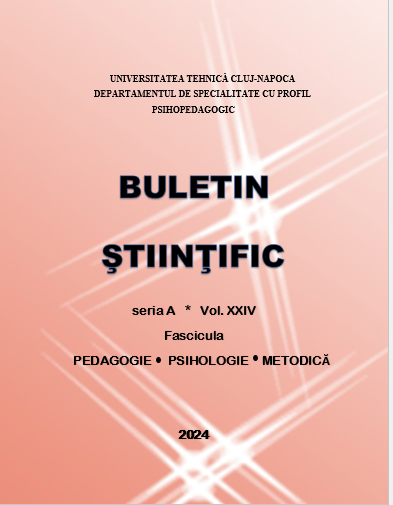Post-Traumatic Stress Disorder (PTSD), Characteristics, Relationship With Oxidative Stress and Cortisol
Post-Traumatic Stress Disorder (PTSD), Characteristics, Relationship With Oxidative Stress and Cortisol
Author(s): Ramona Jurcău , Ioana Jurcău , Lucia Rațiu (Borșan), Nicolae-Alexandru Colceriu, Dong Hun KwakSubject(s): Social Sciences, Education, Psychology, Communication studies, Sociology
Published by: Editura U. T. Press
Keywords: PTSD; fear; oxidative stress; cortisol;
Summary/Abstract: Posttraumatic stress disorder (PTSD) is a serious and often disabling syndrome characterized by recurrent episodes of re-experiencing trauma. The purpose of this paper is to make a foray into the subject of PTSD, by presenting some characteristics, the relationship with oxidative stress and cortisol. The study has the structure of a mini-review, based on scientific research specific to the topic. The disorder was only formally recognized in 1980, with the advent of DSM-III. The signs and symptoms for PTSD are divided into 4 categories: intrusive thoughts, avoidance of reminders of the event, negative thoughts or feelings, reactive symptoms. Fear is a state of tension, which was quite late separated from anxiety by its rational character and which may play a role in the maintenance of PTSD. Sleep disturbance, a common symptom of PTSD, is a possible mechanism for the link between PTSD and ORS. Sleep disturbances may compromise mechanisms used in trauma-focused PTSD treatment. People with PTSD are so scarred by the memory of past horrors that they find it hard to pay attention to the present. The first diagnostic criterion for PTSD is the experience of a traumatic event. Women may be more vulnerable to aberrant HPA axis reactions in stressful situations and PTSD. Neuroendocrinological studies in PTSD patients have shown decreased baseline of the cortisol levels. It has been found that there is a link between the concentration of evening cortisol and the symptoms of PTSD, thus, a high level of cortisol before bedtime is present in people with PTSD. PTSD is represented by extremely aggressive, chronic neurobiological events, often accompanied by multiple functional, biological, behavioral and psycho-emotional negative health manifestations.
Journal: Buletin Științific – Seria A – Fascicula PEDAGOGIE. PSIHOLOGIE. METODICĂ
- Issue Year: XXIV/2024
- Issue No: 1
- Page Range: 84-98
- Page Count: 15
- Language: English, Romanian

